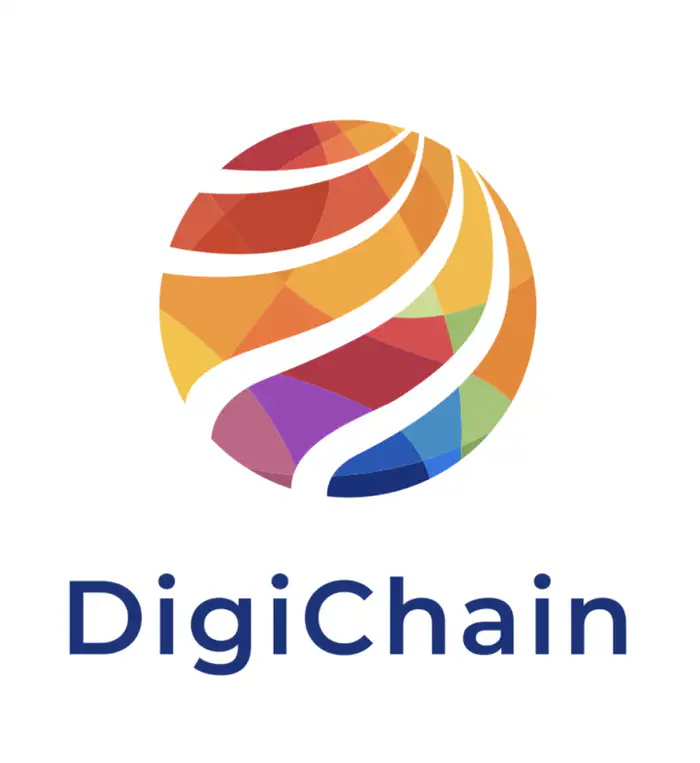A ‘digital turn’ for sustainability due diligence? Digital tools and the CSDDD
The European Union’s adoption of the Corporate Sustainability Due Diligence Directive (CSDDD) in May made clear that sustainability due diligence will become a reality for big businesses around the world. In the years ahead, companies falling under the scope of the Directive will scramble to put in place state-of-the-art due diligence. EU Member States, in parallel, will dedicate new resources and administrative processes to supervise and support effective implementation, which civil society will push for alongside affected rightsholders.
We believe the regulatory terrain opened by the CSDDD will attract digital technologies to a much greater extent than often acknowledged, raising questions as to how this fits with the focus on people and real-life impacts required by sustainability due diligence. This is why, after contributing in 2023 to a first report by the Asser Institute for the German Development Agency (GIZ), we are launching a new interdisciplinary research initiative (DigiChain) on the topic at the University of Amsterdam and the Asser Institute. We see growing evidence that the integration of digital technologies into various stages of sustainability due diligence will increase substantially in the coming years. Most companies covered by national due diligence laws already draw on digital tools for value chain governance which, in turn, have become a vast, booming and dynamic market. Regulators such as the European Commission are navigating between actively promoting such tools and defining guidelines to make their use compatible with the idea of due diligence. Recital 68 of the CSDDD is a testament to this balancing act. The role of digital tools for due diligence requires critical academic and public scrutiny, and the debate should include perspectives from technology, law, public policy, and value chain management.

Mapping due diligence territory with the help of big data
The first step in a sustainability due diligence process is to identify the ‘due diligence territory’ of a company, the transnational social and physical space to be covered in the due diligence process. What are the actors and environments to which it is connected through its ‘chain of activities’? Businesses will have to appropriately map their value chains, workers and communities affected by them and drill deeper where areas of risk are identified. While this will require multiple approaches, in particular rightsholder input, we already see a range of digital tools emerging, with providers (see for example Altana AI) claiming to be able to reconstruct the entire supply chain of companies via AI or machine learning tools scrutinising massive amounts of publicly available data (such as bills of lading, customs data or corporate registers).
Assessing human rights and environmental risks with the help of AI
The identification and evaluation of sustainability risks will similarly require a continuous—rather than one-off—processing of vast amounts of data involving the many sites and people linked to its activities. Service providers already claim to be able to leverage the capacity of artificial intelligence to sift through open source data to identify and measure human rights or environmental risks connected to certain suppliers (see for example Prewave, IntegrityNext or Osapiens). Providers specialised in processing satellite imagery seek to measure the risk that a certain commodity (such as palm oil or beef) is connected to deforestation (see for example Satelligence). Besides the accuracy of data that feeds into the due diligence process, a shared point of attention relates to how digitalized due diligence visually represents risks in sleek dashboards, conducts prioritization, and interprets legal norms. To scholars (and critics) of private governance and certification in global value chains, these themes will appear familiar.
The digitalization of stakeholder engagement?
Meaningful engagement with stakeholders is a central pillar of due diligence which requires listening, understanding and responding to very different realities on the ground. Here as well, it is likely that companies will seek to employ digital technologies in at least parts of these engagements. Providers of digital surveys and participatory tools already seek to overcome obstacles of technological accessibility and digital literacy to amplify the voice of workers or local communities (see for example Ulula and &Wider). Similarly, it is likely that specific providers of digital complaints or grievance mechanisms will soon be on the market.
Will the sustainability due diligence revolution be digitalized?
We are at the inception of investigating the effects of digital technologies in sustainability due diligence. While it is still too early to provide a broader assessment of the advantages and limitations of digital tools, it appears pressing to reach a better understanding of how digital tools will shape the reality of the CSDDD, and what their risks are: how are technologies integrated into companies’ implementation strategies, how will they affect the outcomes of their sustainability due diligence, how are tools financed and marketed, how can they avoid fuelling checkbox compliance and support rather than undermine risk-based, context-specific and worker- and community-driven approaches, and how should they be approached by enforcement agencies when assessing effective compliance with the CSDDD? These are some of the questions we are aiming to tackle as researchers. We invite the entire business and human rights community—from civil society to the corporate world—to join in exploring the growing assemblage between digital technologies and the transnational governance of value chains for sustainability.
Antoine Duval is Senior Researcher at the Asser Institute in The Hague and a member of the DigiChain research team. Klaas Hendrik Eller is Associate Professor of European Private Law at the University of Amsterdam and a member of the DigiChain research team.



